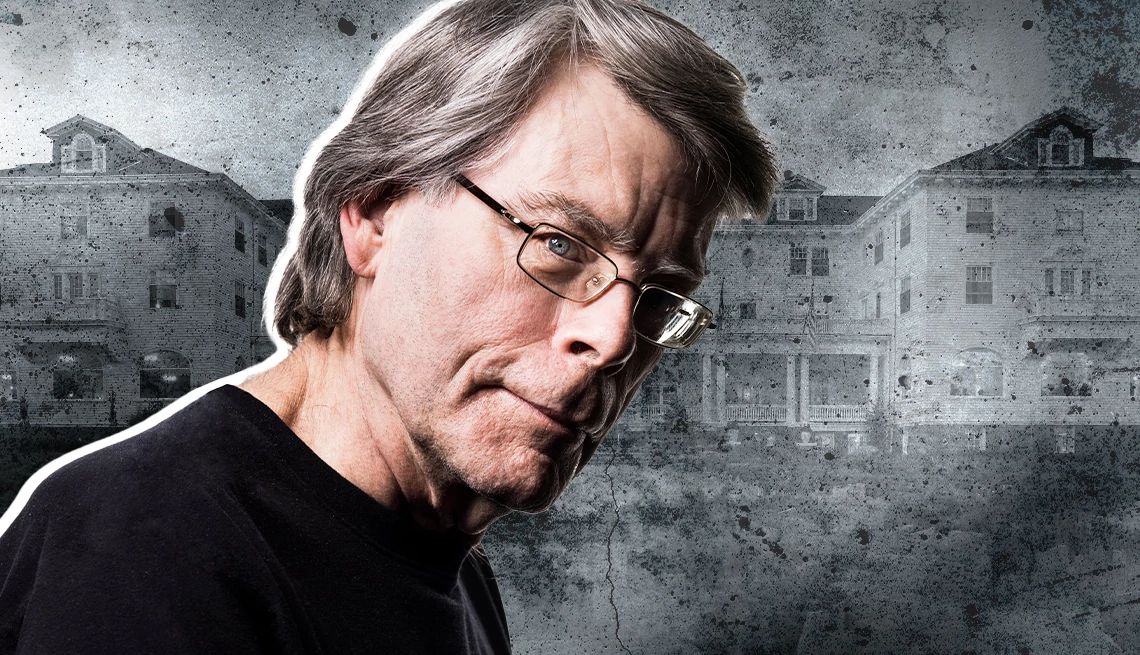AARP Hearing Center


We apparently enjoy feeling fear when it’s within the safe confines of fiction, and Stephen King has happily obliged for more than five decades, offering his wildly popular, skillfully crafted tales of terror. His latest is Never Flinch (May 27), a horror story that weaves together two storylines — one about a killer on a diabolical revenge mission and another about a vigilante targeting a feminist celebrity speaker. It features the beloved Holly Gibney (Mr. Mercedes, Holly), joined by a new cast of characters. It also confirms that King is still at the top of his game — which is to scare the bejesus out of us.
To mark King’s new book release and remarkable career, we’ve highlighted some things many readers might not know about the incomparable author.
He knew pain early.
King’s earliest memory, from age 2, involves pain: A wasp stung his ear while he was carrying a cement cinderblock — he was pretending to be a circus strongman. King dropped the cinderblock on his toes and screamed bloody murder, as he recounts in his 2000 memoir, On Writing.
He liked feeling afraid.
“My childhood was pretty ordinary, except from a very early age, I wanted to be scared,” he told NPR in 2022. “I just did. I was scared. Afterwards, I wanted a light on because I was afraid that there was something in the closet.” He used to listen at the door when his mom listened to a radio show called Dimension X, “and go back to bed and quake.”
He wasn’t always rich.
Born in Portland, Maine, he was raised by a struggling single mom (his dad fled the scene when King was 2). He went to college at the University of Maine, where he met his future wife, Tabitha, who’s also a writer. They married in 1971 and lived in a rented trailer with their first two children, a toddler and an infant. King was a high school English teacher at the private Hampden Academy and took on odd jobs while Tabitha worked at Dunkin’ Donuts.
He had his first big — really big — break with Carrie.
He didn’t make real money from his craft until 1973, when Doubleday gave him a $2,500 advance against royalties for Carrie, a novel about a 16-year-old girl with telekinetic powers.





































































More From AARP
How to Start a Book Club
Whether you’re looking to read more or simply be in good company, here’s our guide to making it a success
Books Preview: 28 of Spring’s Top Reads
New releases from acclaimed authors this springWhat to Read in May and Other Book News
Colm Tóibín’s ‘Brooklyn’ sequel, memoirs from Whoopi Goldberg and Tom Selleck, jazz, moms, and moreRecommended for You